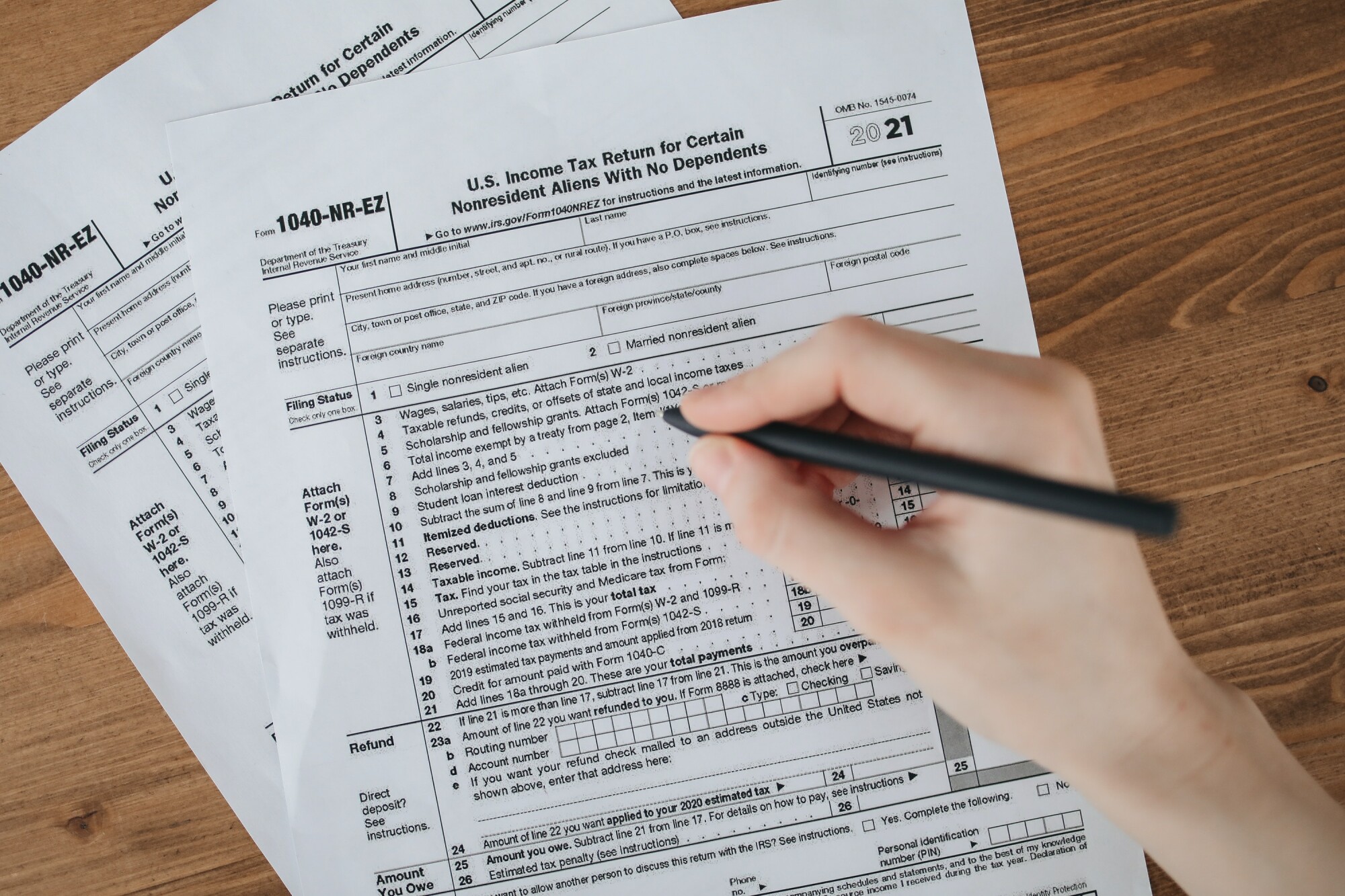Contact Us
Categories
- Compliance
- Disaster relief
- Income Tax
- Americans with Disabilities Act ("ADA")
- Main Street Lending Program
- Remote Work
- Web Content Accessibility Guidelines
- CARES Act
- Economic Injury Disaster Loan (EIDL)
- Payroll Protection Program (PPP)
- Coronavirus Aid, Relief and Economic Security Act
- COVID-19
- Small Business Administration (SBA)
- Liability Waivers
- Miller, as Next Friend of her Minor Child, E.M. v. House of Boom Kentucky, LLC
- Intangible Assets
- Taxation
- Tax consequences
- Community Banks
- Dodd-Frank Act
- SEC Crowdfunding Rules
- Corporate
- Diversity
- ERISA
- Judgment creditors
- Litigation
- Municipal Liability
- Consumer Debts
- Employment Law
- Entrepreneur
- Lenders
- Small Business
- Business Entities
- Equity Development
- Investment
- Mergers and Acquisitions
- Sales and Dissolutions
- Business Formation and Planning
- Closely Held Businesses
- Corporate and Business Tax
- Uncategorized
IRS and KDOR Extend Income/Sales and Use Tax Deadlines for Those Affected by December 10 Storms
Following the severe storms, tornadoes, and flooding that caused catastrophic destruction in parts of western Kentucky and surrounding areas beginning on December 10, the Internal Revenue Service (IRS) has announced that it will be extending many tax-filing deadlines to May 16, 2022 for those affected by the disaster. Similarly, the Kentucky Department of Revenue (KDOR) has announced that it will honor those same extensions for state filing deadlines as well, in addition to other special, Kentucky-only provisions. Here’s what you need to know about how these deadlines have changed and who is eligible for the extensions.
Who Qualifies?
Anyone who lives, or has a business in, the localities designated by the Federal Emergency Management Agency (FEMA) as the “disaster area” are eligible for these IRS and KDOR extensions. This area includes Caldwell, Fulton, Graves, Hopkins, Marshall, Muhlenberg, Taylor, and Warren counties in Kentucky. For a full list of designated localities, visit the disaster relief page on IRS.gov.
For those who have an IRS address of record within the disaster area, filing extensions and penalty relief will be applied automatically. If you receive a late filing or late penalty notice from the IRS that lists a due date falling within the extension period, the penalty can be abated by calling the number on the notice.
Those whose records needed for tax filling are located within the disaster area but who do not live within that area may contact the IRS at 866-562-5227 to request extensions. Relief workers affiliated with recognized government or philanthropic organizations may do likewise.
Affected Tax Activities and Deadlines
Payroll and excise tax deposits due after December 10 and before December 27, 2021 may be submitted any time before December 27, 2021.
Eligible taxpayers will now have until May 16, 2022 to do the following:
 File individual income tax returns for 2021 (non-extended deadline April 18)
File individual income tax returns for 2021 (non-extended deadline April 18)- File business returns for 2021 (non-extended deadlines March 15 and April 18)
- Make 2021 IRA contributions
- Pay forgone estimated taxes and file returns (for farmers) (non-extended deadline March 1)
- Make quarterly estimated income tax payments (non-extended deadlines January 18 and April 18—taxpayers may skip January payment and include with 2021 return)
- File quarterly payroll and excise tax returns (non-extended deadlines January 31 and May 2)
These extensions do not apply to sales tax and other types of Kentucky taxes. Taxpayers experiencing delays related to the disaster, however, may request an extension or waiver of penalties if they have been assessed penalties for taxes other than income. The KDOR will allow for a 30-day extension for filing returns on sales and excise taxes, as well as waiving penalties for late filings and payments due to the disaster. To apply for these extensions, contact the Sales and Use Tax Division at 502-564-5170.
Additionally, individuals and businesses within the disaster area who suffered uninsured or unreimbursed losses due to the disaster may choose to claim those losses on either their 2021 income tax return or the return for the prior year, 2020. Returns claiming a loss must include the FEMA declaration number “430DR”.
Through the provisions of Ky. Rev. Stat. Ann. §139.519, those who purchase building materials that are “permanently installed in the repair of replacement of structures damaged” in the counties covered by the disaster area may receive a sales and use tax refund through KDOR. This refund applies to purchases made on or after December 12, 2021, and applicants have three years from the date of federal disaster area declaration to submit refund claims. See Ky. Admin. Regs. Title 103 §31:170 for guidelines on how to submit a refund request.
Finally, those who have lost tax records as a result of the storm damage, either as an individual or a business, may contact the KDOR to request replacement copies. Instructions for submitting these replacement requests can be found on the KDOR website.
Individuals and businesses who qualify for these extensions should take note of applicable deadlines. To view a full list of payments, returns, and tax-related actions that qualify for disaster-related extensions, visit the IRS disaster relief page.
For more information on how these extensions may affect you or your business, or how to apply for accommodations, contact your McBrayer attorney today.
 Kenton L. Ball is Of Counsel with McBrayer law in the Lexington office. Mr. Ball focuses his practice areas to taxation, tax compliance, tax controversy, tax planning, transaction tax, and corporate & business tax law. He can be reached at kball@mcbrayerfirm.com or (859) 231-8780, ext. 1222.
Kenton L. Ball is Of Counsel with McBrayer law in the Lexington office. Mr. Ball focuses his practice areas to taxation, tax compliance, tax controversy, tax planning, transaction tax, and corporate & business tax law. He can be reached at kball@mcbrayerfirm.com or (859) 231-8780, ext. 1222.
This article does not constitute legal advice. Services may be performed by others.

